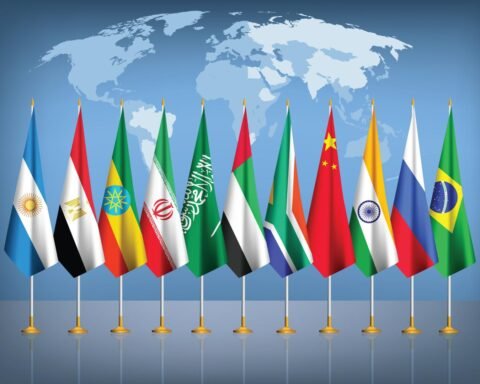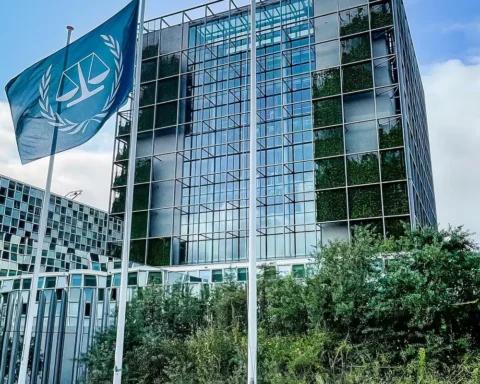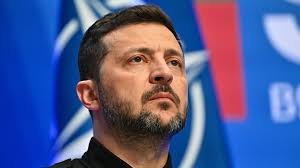At the foot of Mount Meru in Arusha, Tanzania, media leaders and policymakers from across the continent gathered for the Second Pan-African Media Councils Summit, delivering a clear message:
defending press freedom is not optional—it is essential for Africa’s democracy and development.
The keynote speaker, Dr. Tawfik Jelassi, UNESCO’s Assistant Director-General for Communication and Information, called for stronger protections and support for journalists, newsrooms, and independent media bodies across Africa. His message echoed through the halls of the conference: “A free, independent, and pluralistic media is the foundation of any functioning democracy.”
Dr. Jelassi raised concerns over the growing challenges facing the media today, particularly in the era of digital technology. Platforms like social media have transformed how information is produced and consumed, but they’ve also opened the floodgates to misinformation, disinformation, and hate speech.
“With the rise of artificial intelligence (AI) and deepfakes, it’s becoming harder for the public to distinguish truth from manipulation,” Jelassi warned. “We must ensure that journalism remains a trusted and reliable source of information.”
The summit, themed “Advancing Media and Communication Regulation for Journalism Excellence in Africa,” focused on the need for modern, balanced regulation that protects journalists while also holding media to high ethical standards. Participants explored issues such as digital privacy, online harassment of journalists, and the role of media councils in enforcing journalism ethics.
Also Read; Kuwaiti Prince’s Faith Confession Sparks Stir
Delegates from Kenya, Zambia, South Africa, and Nigeria shared experiences from their own countries—discussing both the progress and pitfalls in regulating fast-changing media environments. One recurring theme was the importance of investing in media literacy to help citizens, especially young people, critically evaluate the content they encounter online.
“Media regulation must never become a tool of censorship,” said a media council representative. “Instead, it should help build transparency, accountability, and public trust.”
Experts at the summit also warned about the shrinking space for press freedom in some African countries, where journalists face threats, arrests, or surveillance for reporting on corruption, elections, or human rights abuses. According to global watchdogs like Reporters Without Borders, press freedom is under pressure even in democratic societies.
To address these risks, Dr. Jelassi called on African governments to establish or strengthen independent media councils, promote public funding for journalism, and support training for reporters covering sensitive or high-risk stories such as climate change, elections, and social justice.
Another solution highlighted was cross-border collaboration, especially in tackling false narratives that spread quickly across regions. Fact-checking networks, data journalism initiatives, and collaborative investigations were all recognized as tools to safeguard the truth in the digital age.
The summit concluded with a renewed commitment to protect freedom of expression, invest in the next generation of journalists, and ensure that regulation aligns with international human rights standards.







